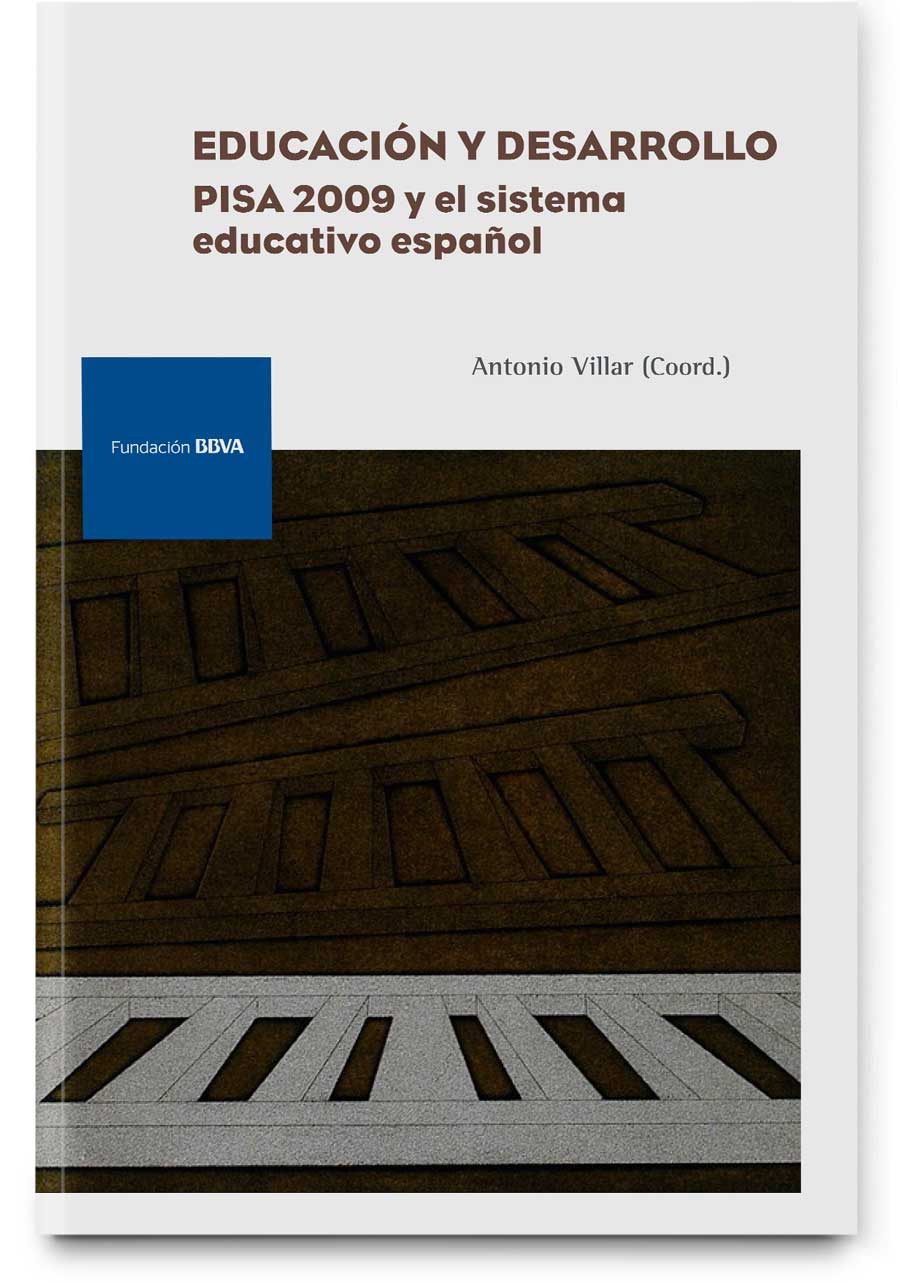Esta web utiliza cookies para que podamos ofrecerte la mejor experiencia de usuario posible. La información de las cookies se almacena en tu navegador y realiza funciones tales como reconocerte cuando vuelves a nuestra web o ayudar a nuestro equipo a comprender qué secciones de la web encuentras más interesantes y útiles.

Education and development. PISA 2009 and the Spanish educational system
Since the year 2000, the OECD has launched an international standardized evaluation program of the knowledge gained by 15-year-old students, an age that coincides with the end of compulsory education. Every three years, the Programme for International Student Assessment, known as PISA, tests the skills and knowledge of these young people in reading, mathematics and science. In addition to these skill tests, the PISA reports provide a huge amount of information on the students’ lives, on their family background and on the school they attended. This data helps examine the relationship between tests’ scores and environmental conditions, assessing the equity of the educational systems and identifying the conditions that lead to better results.
However, there are three basics aspects of the functioning of the different educational systems that have not been thoroughly examined neither by the studies accompanying the PISA report, nor by the associated literature, and which require special attention in the Spanish case. This research project, carried out for the BBVA Foundation, focuses on the analysis of these aspects: 1) it studies in depth the measurement of educational scores and not only the average scores of the PISA tests; 2) it examines the relationship between educational attainment, economic growth and the labor market; and 3) analyzes the causes and nature of the large differences in school performance between the Spanish regions.
Villar, A. (coord.), S. De la Rica, J.I. García, A. González, M. Hidalgo, J.A. Robles, L. Serrano and Á. Soler (2012). Educación y desarrollo: PISA 2009 y el sistema educativo español. Bilbao: Fundación BBVA.


